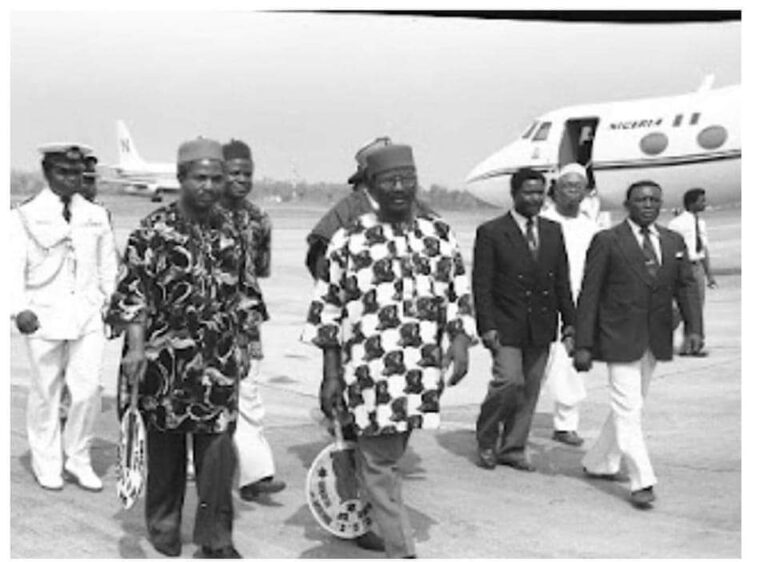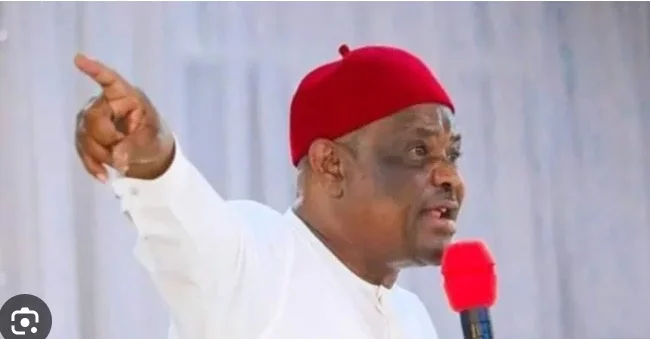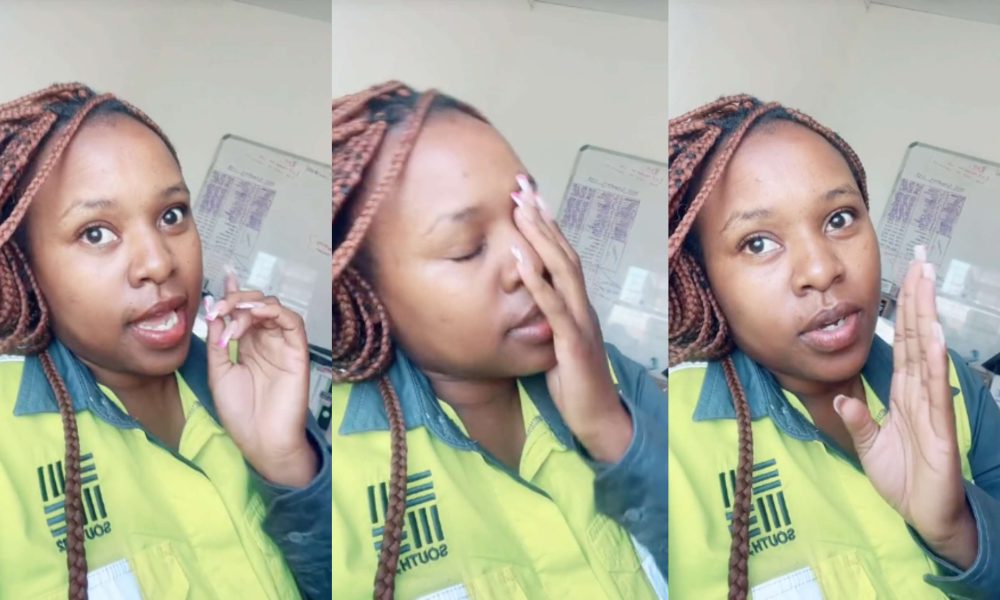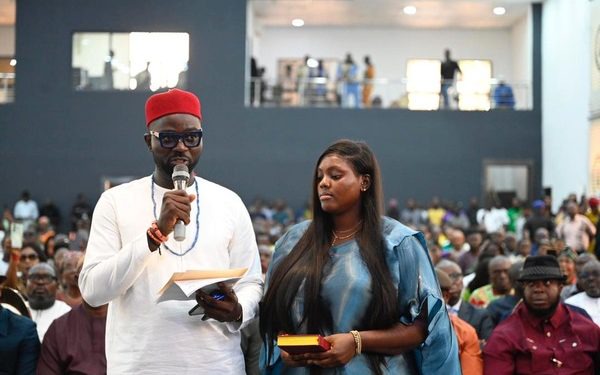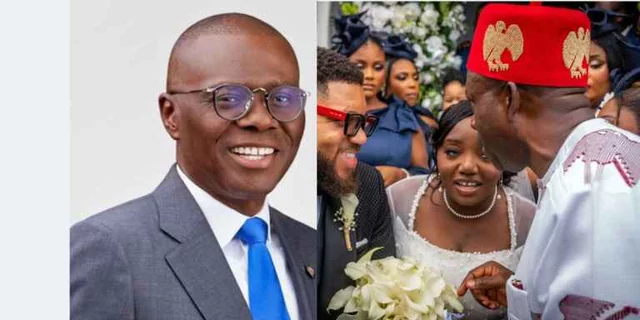Before the violence erupted in the North and parts of the West, the Eastern Region was a unified and economically strong entity. However, political opposition is inevitable in any system. Notable non-Igbo Easterners like Clement Isong, Egbert Udo Udoma, Ken Saro-Wiwa, George Tamunoiyowunam Kurubo, Okoi Arikpo, and Bassy Ukpong, all grew up in the Eastern Region. To this day, the legacy of Eastern unity is preserved in institutions like Erekosima Houses, which can be found in Government College Umuahia and Government Secondary School, Owerri.
During General Aguiyi-Ironsi’s regime, three of his Service Chiefs were from Eastern minorities. George Kurubo became the first Nigerian Air Force Head, Captain Edet Wey commanded the Navy, and Louis Edet was the Police Chief. However, in 1967, the creation of 12 states led to a fracture in the East, resulting in the brutal killings of both Igbo and non-Igbo Easterners during the 1967 Pogrom.
Prior to the declaration of Biafra, political tensions between Dr. Nnamdi Azikiwe and Prof. Eyo Ita, as well as Dr. Michael Okpara’s disagreements with the Ibibio and Annang communities, had been resolved. General Emeka Ojukwu, before declaring Biafra, consulted the Eastern Regional Consultative Assembly, which included 165 non-Igbo members out of the 335 total, showing that non-Igbo Easterners were well-represented in the Biafran government.
Non-Igbo Easterners held prominent roles in Biafra. Gen. Philip Effiong was a leading figure, Ntiyong Akpan served as Secretary to the Government, and Ignatius Kogbara represented Biafra as the High Commissioner to the UK. Others like Ekukinam Bassey, Frank Opigo, Emmanuel Aguma, Samuel Cookey, and Okokon Ndem also played key roles. In the military, non-Igbo Easterners like Lt. Col. Nsudoh, Maj. Akpan Utuk, Maj. Archibong, Captains Willie Murray-Bruce and Ibi Brown, Victor Masi, and Clement Ebri were significant contributors. It’s important to note that Adaka Boro’s grievances were with Nigeria, not the Igbo, and he even contested the 1965 elections, where his closest rival was Jude Emezie, backed by outgoing President Onyemanze Ejiogu.
